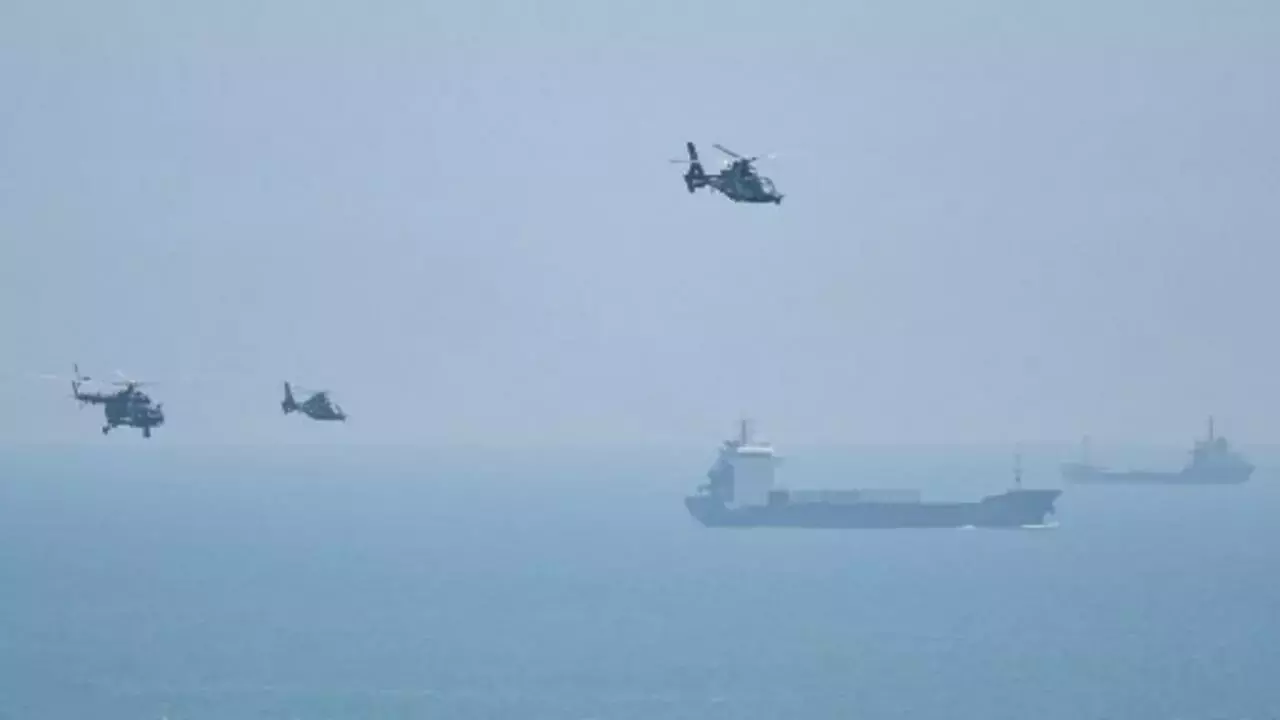
A group of French lawmakers landed in Taipei on Wednesday, the first high-level European delegation since China conducted huge war drills to protest a visit to the island by US House Speaker Nancy Pelosi.
Democratic Taiwan exists under constant threat of an invasion by authoritarian China, which claims the self-ruled island as part of its territory to be seized one day -- by force if necessary.
Beijing lashes out at any diplomatic action that might lend Taiwan legitimacy, and has responded with growing anger to visits by Western officials and politicians.
The delegation of five French lawmakers is being led by Senator Cyril Pellavat, Taiwan’s foreign ministry said, adding it was the fourth visit by French politicians in the past 12 months.
Last month China sent warships, missiles and fighter jets into the waters and skies around Taiwan in a show of opposition to Pelosi’s presence, its largest and most aggressive exercises since the mid-1990s.
Pelosi, a veteran Beijing critic, was the most senior US politician to visit Taiwan in 25 years. She was followed by multiple separate US delegations in August.
While the Biden administration was quietly opposed to Pelosi’s visit, the United States maintains a separation of powers between its executive and legislative branches, and repeatedly said in public that she had the right to travel.
China’s huge war drills triggered widespread support in the United States for solidarity with Taiwan, which is already a rare bipartisan issue on Capitol Hill.
Many European powers have also grown more vocal in support of Taiwan in recent years, while Russia invading Ukraine has deepened fears China might do the same to its smaller neighbour.
Politicians from European countries regularly visit Taiwan.
Beijing has adopted an increasingly bellicose approach to Taiwan under President Xi Jinping, China’s most authoritarian leader in a generation.
Relations worsened after the 2016 election of Taiwan’s President Tsai Ing-wen, who views the island as a sovereign nation and not a part of China.
Xi, who is on the cusp of securing an unprecedented third term, has hitched Taiwan’s fate to his landmark "great rejuvenation of the Chinese nation" policy.
Like most nations, the United States and France officially recognise Beijing over Taipei.
But they both remain a key ally of Taiwan and maintain de facto diplomatic ties with the island.
Washington’s official policy opposes both Taiwan declaring independence and China forcibly changing the island’s status.